The benefits of billionaires in space
This is how innovation begins
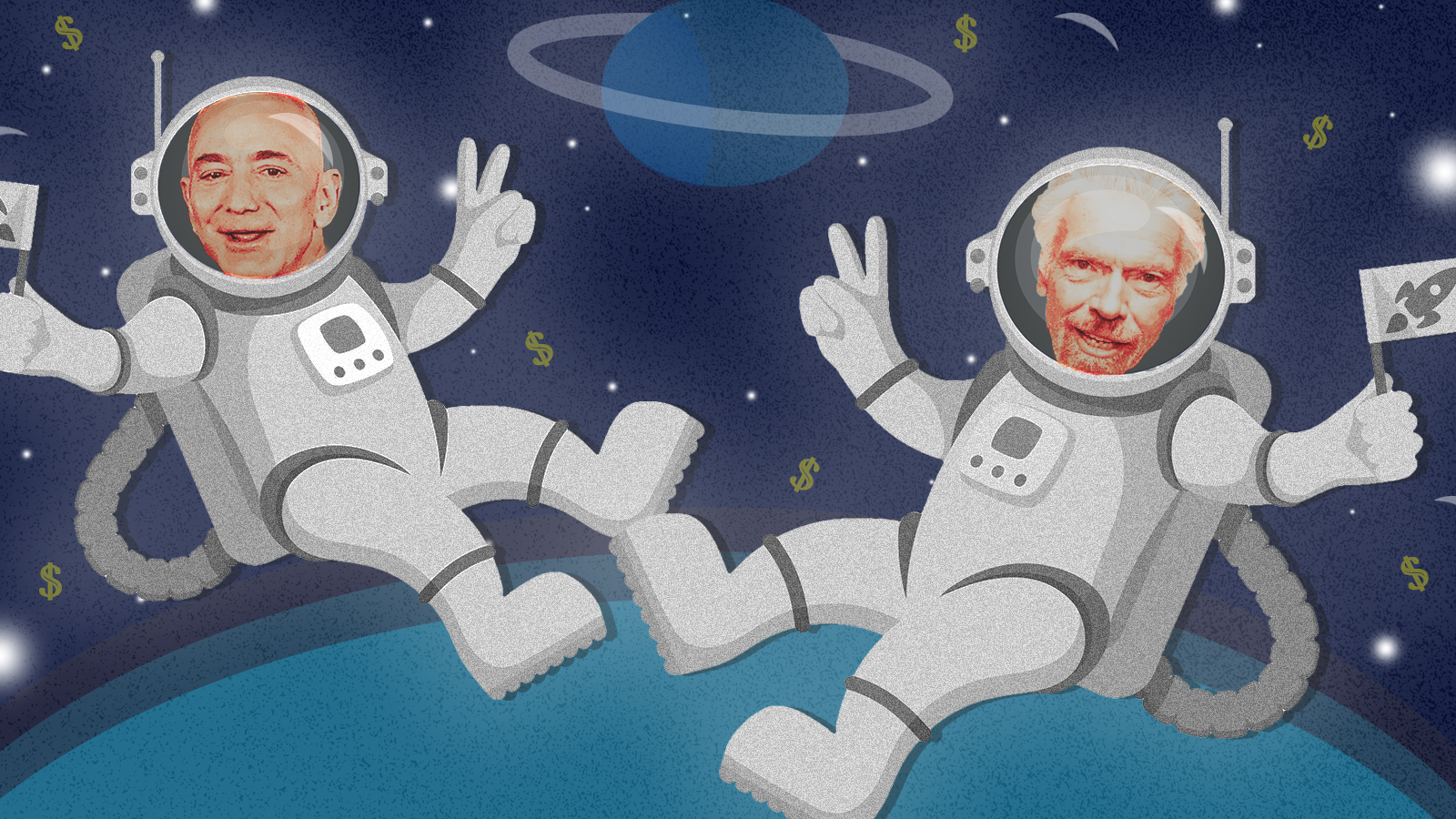

Summer of Soul, a new documentary about the 1969 Harlem Cultural Festival in New York City, draws a contrast with a better-known music concert series that summer, Woodstock. But the film also gives an alternate perspective on another big event that happened during the festival, the Apollo moon landing. After showing snippets of various white people around the country expressing wonder at the achievement (such as "It's a great thing for this country" and "It's really unbelievable"), Summer of Soul then shifts to the Black concert attendees who are far less enthusiastic. Comments by one young man are presented as the typical view: "The cash they wasted, as far as I'm concerned, in getting to the Moon could have been used to feed poor Black people in Harlem and all over the place, all over this country. So like, you know, never mind the Moon. Let's get some of that cash in Harlem."
The Space Race era "rockets versus butter" argument has resurfaced as various billionaires engage in the most heated space competition since the United States and the Soviet Union raced to the Moon in the 1960s. Virgin Galactic founder Richard Branson took a rocket plane to space (kind of) last week, while Amazon founder Jeff Bezos is scheduled to head into space on a Blue Origin rocket on Tuesday. And, of course, Elon Musk's SpaceX has energized the commercial space industry by lowering launch costs, while also returning the U.S. to human spaceflight. And Bezos and Musk both have broader ambitions to turn humanity into a space-faring civilization where millions of us are living and working in Earth orbit and beyond.
The fact that this time it's superrich guys heading into space has created a new progressive-populist twist on the long-time anti-space sentiment of the far left. "Our social, political, and economic systems are built around the idea that tax breaks for billionaires buying leisurely space travel is more important than feeding, clothing, and housing all our children," tweeted Rep. Jamaal Bowman (D-N.Y.). Sen. Bernie Sanders also chimed in: "Here on Earth, in the richest country on the planet, half our people live paycheck to paycheck, people are struggling to feed themselves, struggling to see a doctor — but hey, the richest guys in the world are off in outer space! Yes. It's time to tax the billionaires." Best-selling author Stephen King had the pithiest take on the Branson flight: "A rich guy flew in a rocket plane. Let's move on."
Subscribe to The Week
Escape your echo chamber. Get the facts behind the news, plus analysis from multiple perspectives.

Sign up for The Week's Free Newsletters
From our morning news briefing to a weekly Good News Newsletter, get the best of The Week delivered directly to your inbox.
From our morning news briefing to a weekly Good News Newsletter, get the best of The Week delivered directly to your inbox.
Such critiques reveal a poor sense of economic history. The Next Big Thing often starts out as a toy or as a plaything of the rich. Recall the now iconic giant cell phone used by billionaire Gordon Gekko (portrayed by Michael Douglas) in the 1987 film Wall Street. Not only are cell phones now globally ubiquitous, but they are being used in ways few could have imagined two or three decades ago, such as indigenous people living along the Amazon using cell phone and satellite data to track illegal logging. Even the basic telephone was once viewed as little more than a novelty with little useful application. (Telegraph giant Western Union famously declined Alexander Graham Bell's offer to sell the company the patent to the new device.)
No one is sure what the killer application for the space economy will be: satellite internet, travel, tourism, manufacturing, even asteroid mining. Morgan Stanley estimates the global space industry could generate revenue of more than $1 trillion or more in 2040, up from $350 billion now, with satellite broadband playing a key role in that growth. But there's already plenty of action happening, even outside the battling billionaires. Investment in space technology has doubled over the past two years, hitting $7 billion last year. And one reason the sector has so much promise is those declining launch costs. Commercial launch services such as SpaceX have helped lower the cost of reaching low-earth orbit by a factor of 20, according to NASA. (Tech developed for smartphones has also enabled smaller satellites.) What's happening in space isn't some zero-sum geopolitical race or battle of billionaire egos, but the creation of new technologies and business models that will generate jobs and economic growth.
And while you may be underwhelmed by the spinoff economic benefits from Apollo — such as freeze-dried food and fireproof fabrics — it is also important to remember that America's space program ended prematurely in the early 1970s. The space economy that we might get over the next few decades is one we should already have — and more. And if we get it, the space billionaires will deserve a lot of credit.
A free daily email with the biggest news stories of the day – and the best features from TheWeek.com
James Pethokoukis is the DeWitt Wallace Fellow at the American Enterprise Institute where he runs the AEIdeas blog. He has also written for The New York Times, National Review, Commentary, The Weekly Standard, and other places.
-
 A tall ship adventure in the Mediterranean
A tall ship adventure in the MediterraneanThe Week Recommends Sailing aboard this schooner and exploring Portugal, Spain and Monaco is a 'magical' experience
-
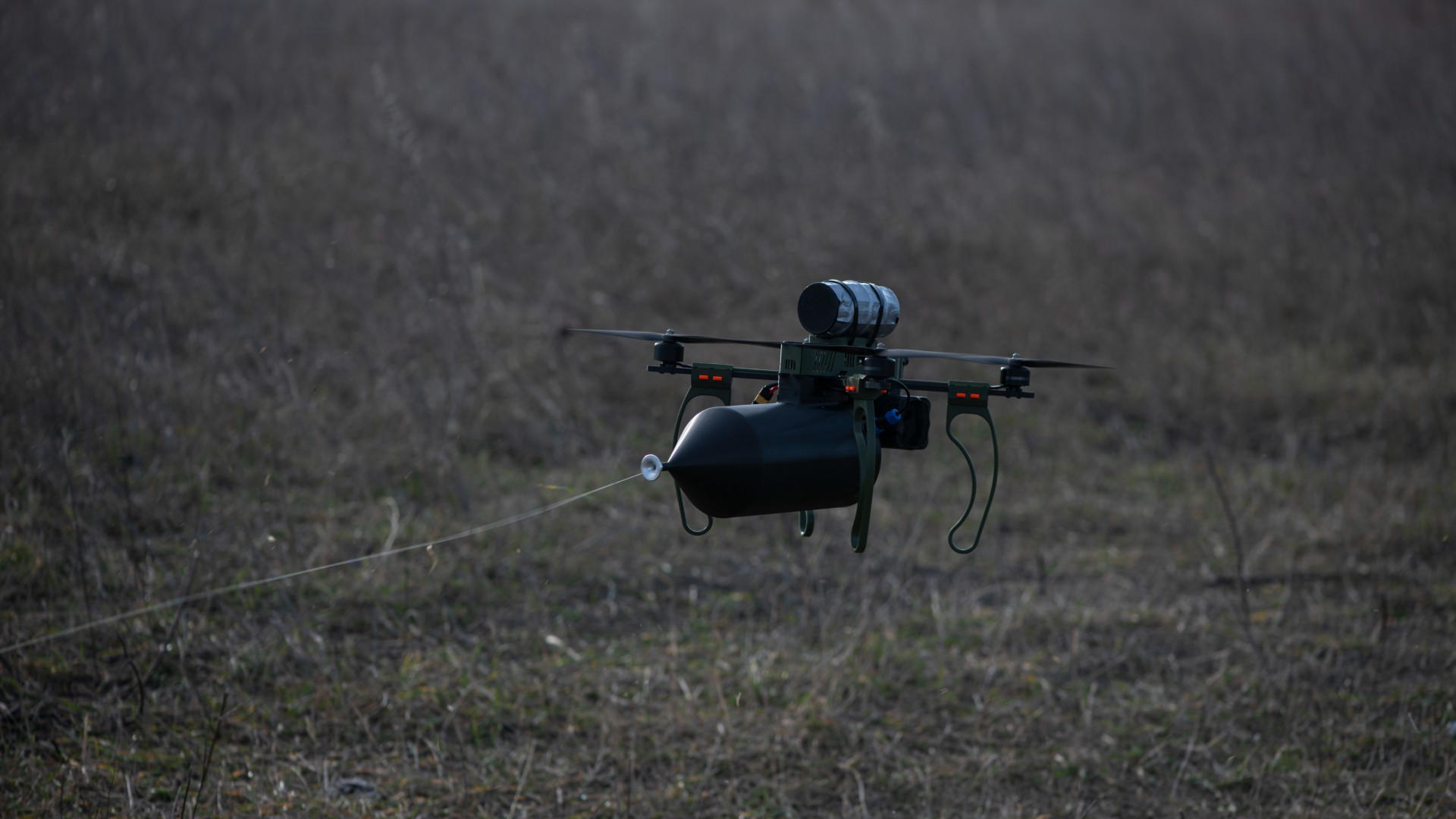 How drone warfare works
How drone warfare worksThe Explainer From Ukraine to Iran, it has become clear that unmanned aircraft are rapidly revolutionising modern warfare
-
 The tourist flood in the Mediterranean: can it be stemmed?
The tourist flood in the Mediterranean: can it be stemmed?Talking Point Finger-pointing at Airbnb or hotel owners obscures the root cause of overtourism in holiday hotspots: unmanageable demand
-
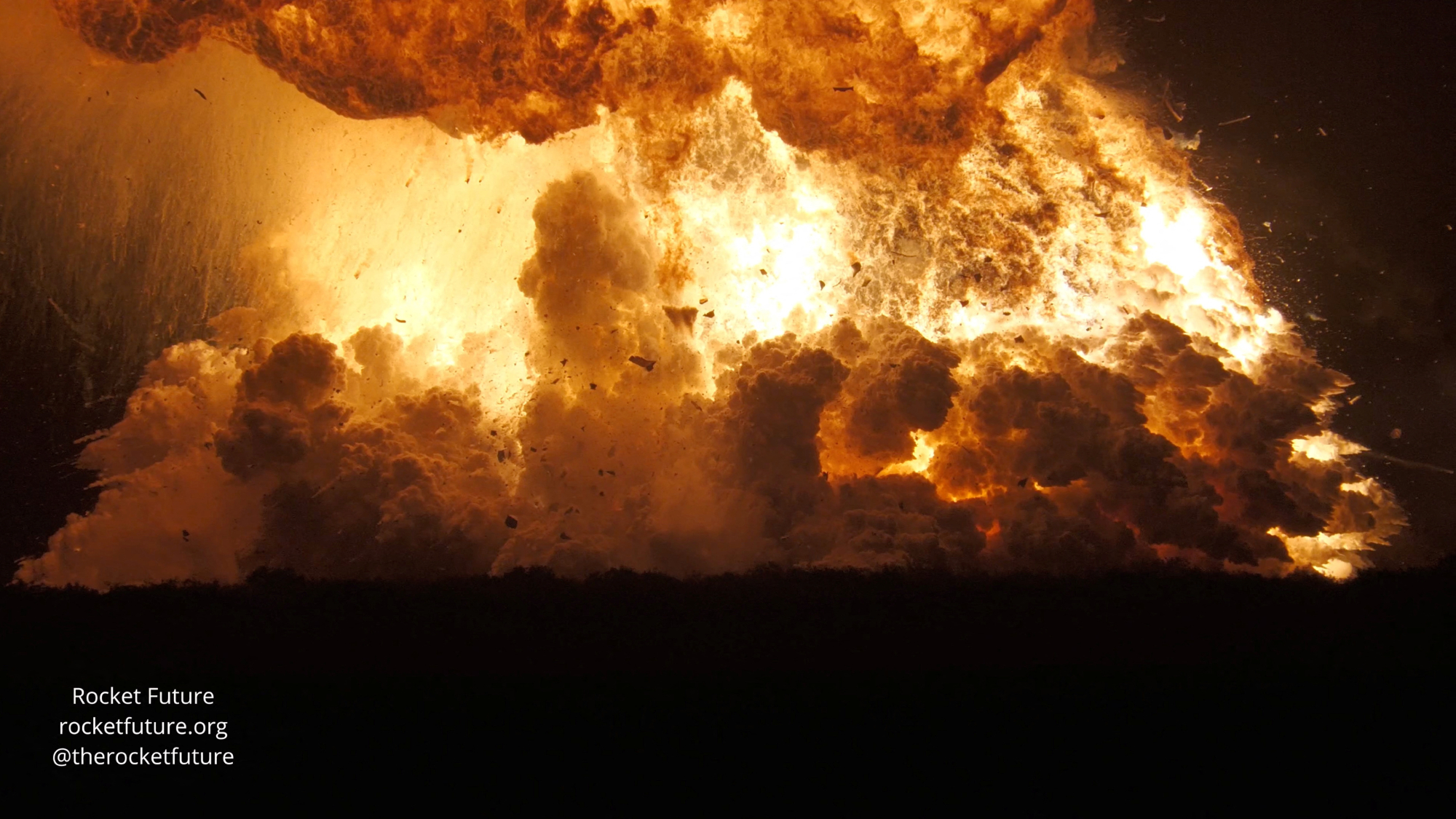 Another Starship blast sets back Musk's Mars hopes
Another Starship blast sets back Musk's Mars hopesSpeed Read Nobody was killed in the explosion, which occurred in south Texas
-
 What Elon Musk's Grok AI controversy reveals about chatbots
What Elon Musk's Grok AI controversy reveals about chatbotsIn the Spotlight The spread of misinformation is a reminder of how imperfect chatbots really are
-
 Elon Musk's SpaceX has created a new city in Texas
Elon Musk's SpaceX has created a new city in TexasUnder The Radar Starbase is home to SpaceX's rocket launch site
-
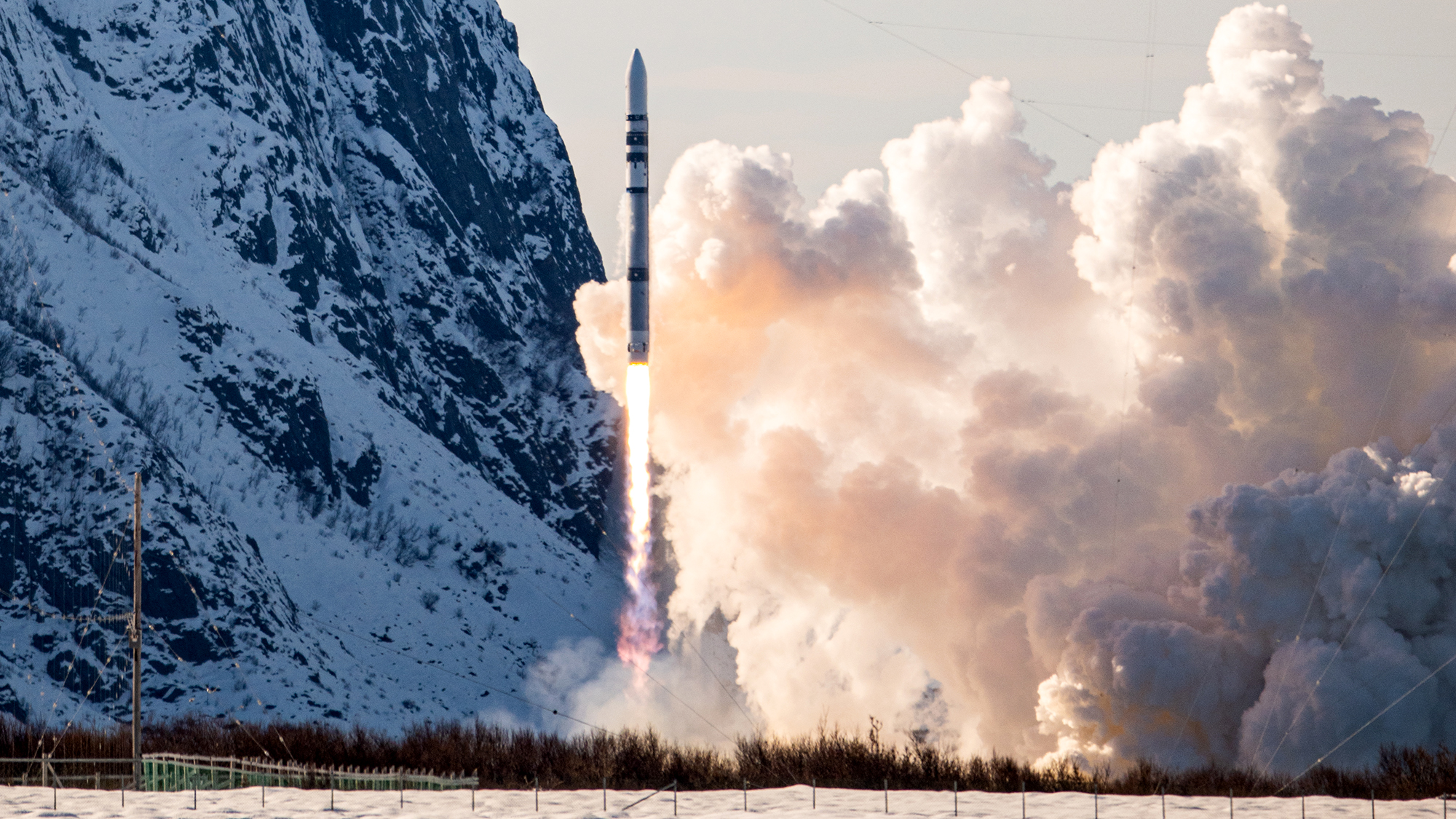 Test flight of orbital rocket from Europe explodes
Test flight of orbital rocket from Europe explodesSpeed Read Isar Aerospace conducted the first test flight of the Spectrum orbital rocket, which crashed after takeoff
-
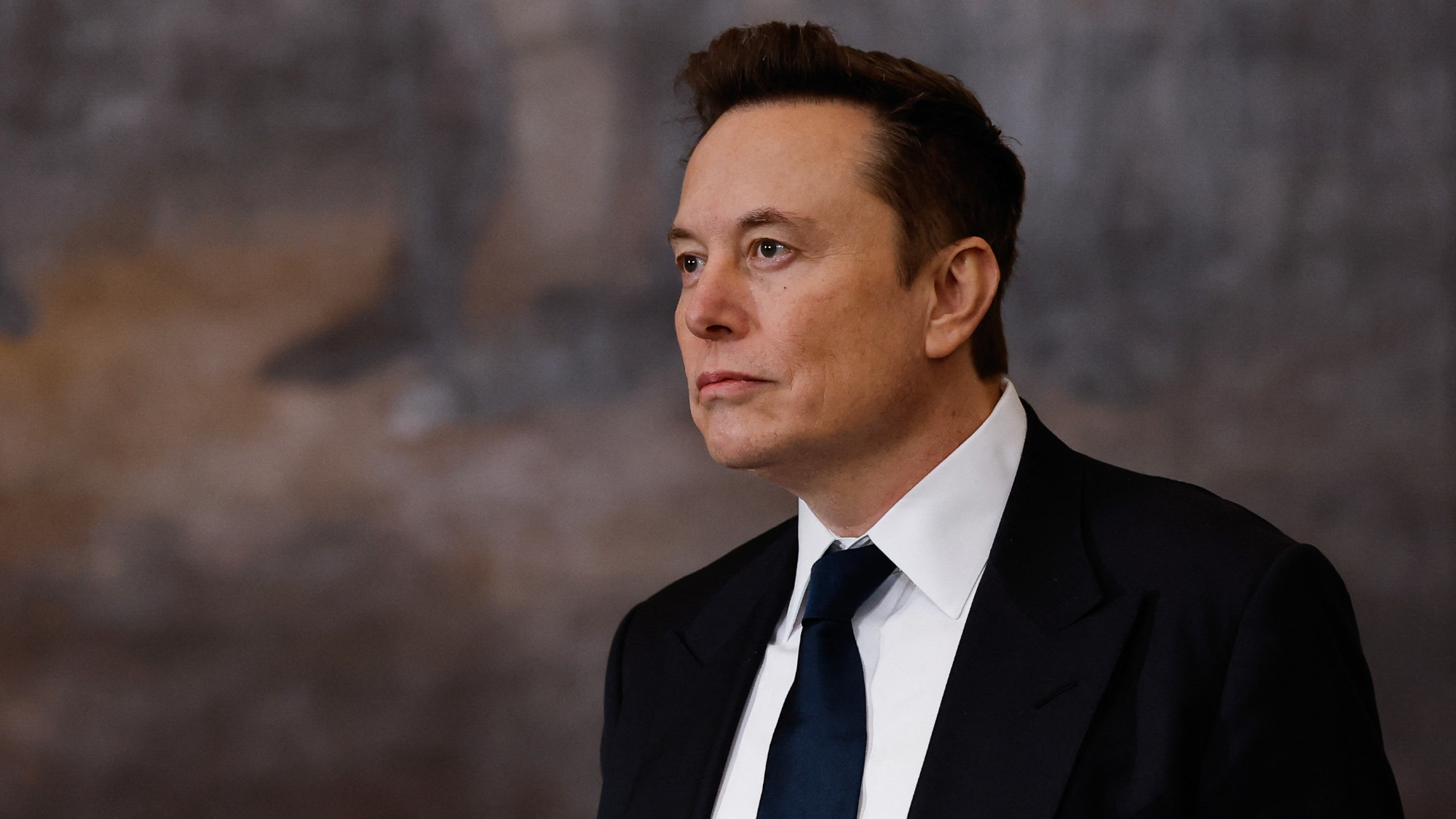 Musk vs. Altman: The fight over OpenAI
Musk vs. Altman: The fight over OpenAIFeature Elon Musk has launched a $97.4 billion takeover bid for OpenAI
-
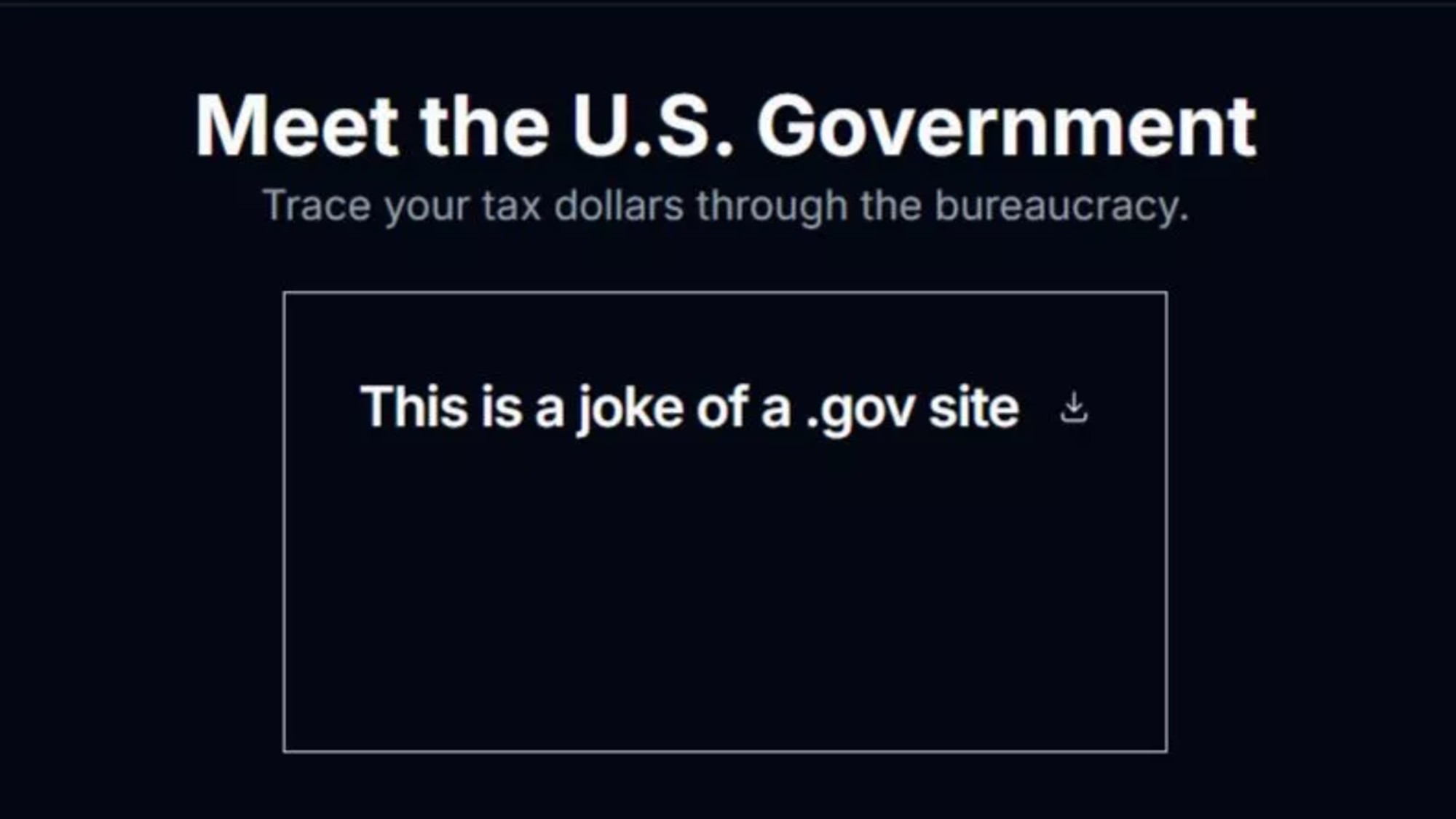 Elon Musk's DOGE website has gotten off to a bad start
Elon Musk's DOGE website has gotten off to a bad startIn the Spotlight The site was reportedly able to be edited by anyone when it first came online
-
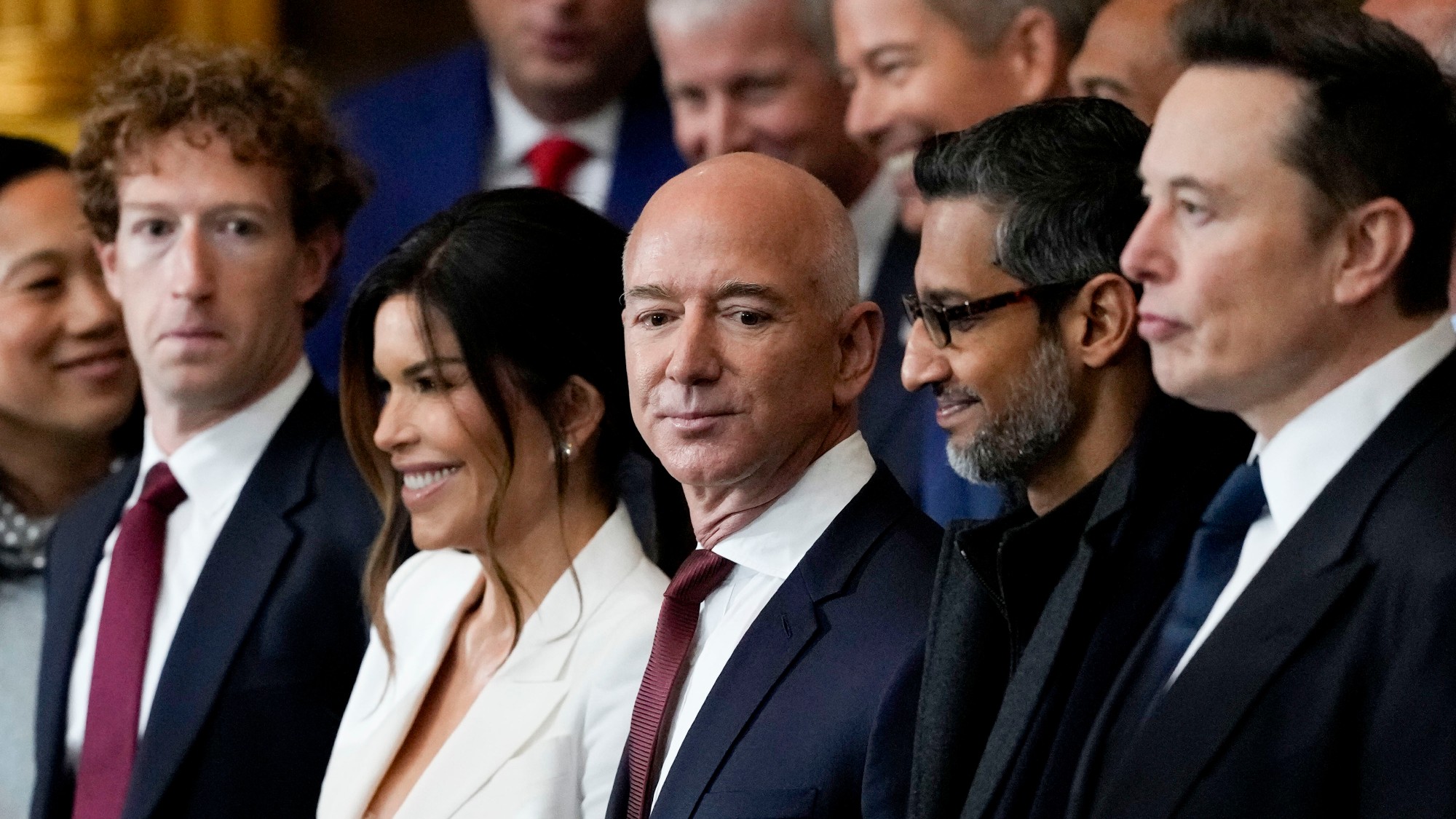 What Trump's 'tech bros' want
What Trump's 'tech bros' wantThe Explainer Elon Musk, Mark Zuckerberg and Jeff Bezos had 'prime seats' at the president's inauguration. What are they looking to gain from Trump 2.0?
-
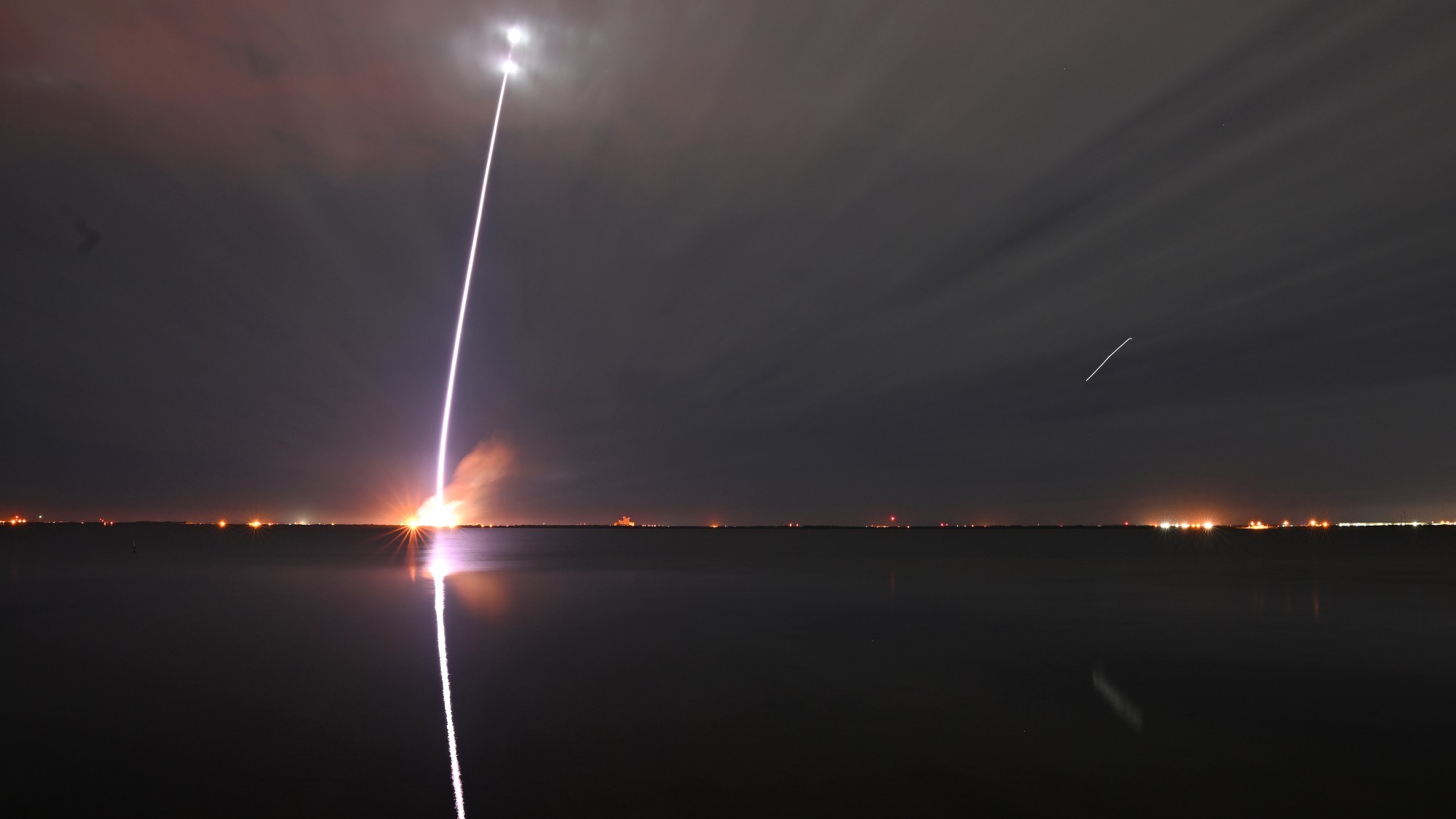 Jeff Bezos, Elon Musk and the billionaire space race
Jeff Bezos, Elon Musk and the billionaire space raceThe Explainer Tesla CEO and Amazon founder vie for dominance of satellite launch market and could influence Nasa plans to return to Moon
